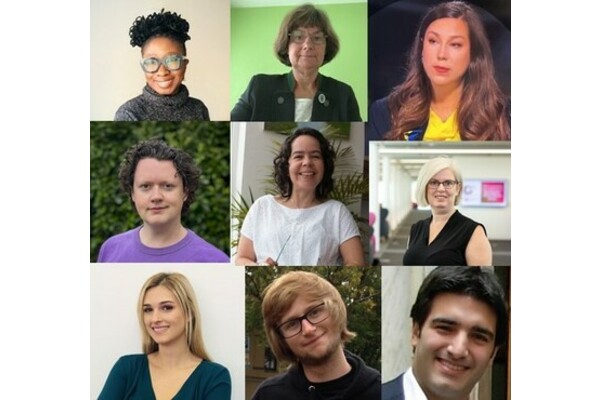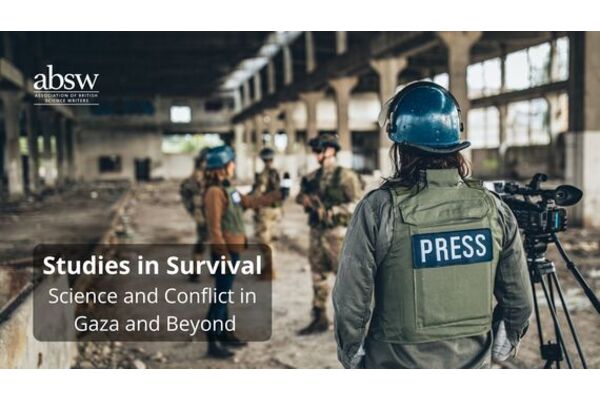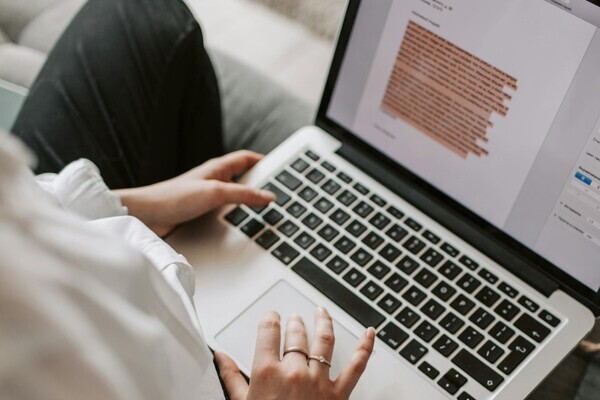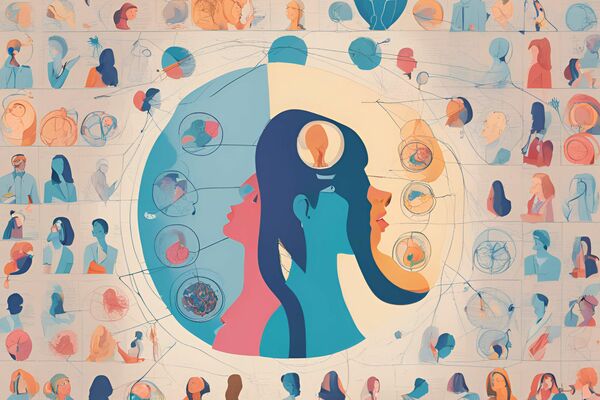Previously run by the British Science Association, the ABSW media fellowships provide a unique opportunity for practising scientists, clinicians, and engineers to spend two to six weeks working at the heart of a media outlet such as the Guardian, BBC Science Unit or the Londonist.
Nine academics from a range of UK institutions were selected to be part of the ABSW Media Fellowship scheme in 2023, the second year in which the ABSW has run the scheme.
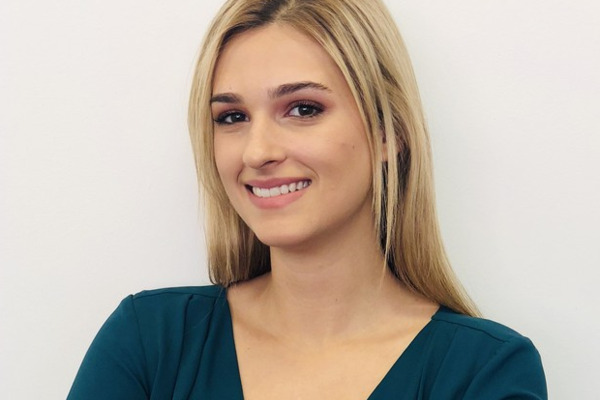
Filipa Adzic
Filipa Adzic is a Postdoctoral research associate at the Department of Civil, Environmental, and Geomatic Engineering at University College London. Her research focuses on both experimental and numerical investigations of indoor air quality in indoor spaces and public transport.
Filipa worked part time with The Londonist from July to October. Whilst there she wrote
stories on subjects as diverse as the Camden Fringe Festival to the Science
Museum’s new gallery dedicated to engineers.
Filipa's Fellowship is supported by UCL Engineering.
Science Museum's Engineering Gallery
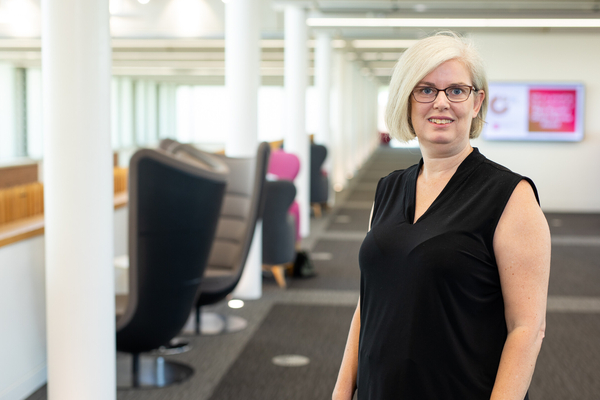
Sheri Scott
Sheri Scott is a Senior Lecturer at Nottingham Trent University. Her areas of expertise include Biomedical Science practice and education. Sheri joined Nottingham Trent University in 2018 after a career covering 22 years working in Clinical Biochemistry in NHS laboratories. She is a champion for sustainability.
Sheri worked with both the science and health desks at the Financial Times.
Sheri's Fellowship is supported by the Institute of Biomedical Science.
Anti-binge-drinking app shown to help students cut down on alcohol
Bacteria in mosquito guts trialled as weapon against malaria
El Niño and a hotter, wetter climate aid spread of disease
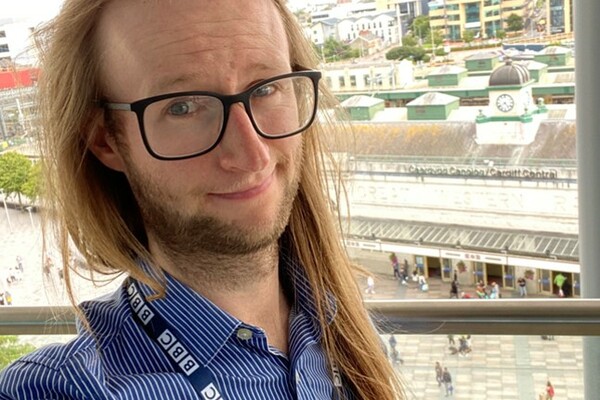
Liam Collins-Jones
At the time of being awarded his Fellowship Liam Collins-Jones was a Research Fellow in the Department of Medical Physics and Biomedical Engineering at University College London. His research focuses on developing new methods to study brain activity in the baby brain. Liam has since moved to Cambridge University.
Liam worked with the science team at the BBC in Cardiff, he also spent time with the health team working on radio programmes such as ‘Unexpected Elements’, ‘Inside Science’ and ‘Healthwatch’.
Liam’s Fellowship is supported by UCL Engineering.
Listen to one of the programmes that Liam worked on whilst at the BBC.
BBC Inside Science: What makes a health river. Live from the Green Man Festival.
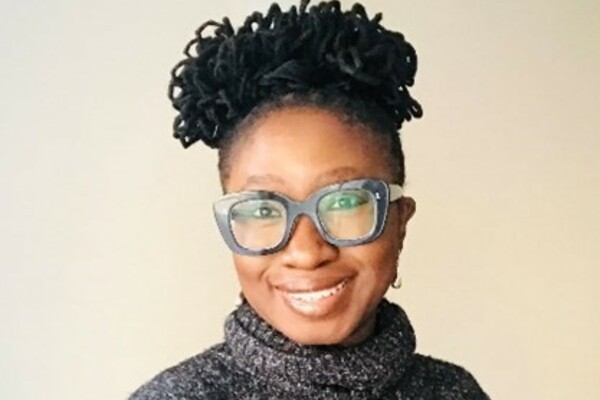
Kristina Wanyonyi-Kay
Kristina Wanyonyi-Kay holds the position of Senior Research Associate and Research Programme Leader at The Healthcare Improvement Studies (THIS) Institute, based at the University of Cambridge. Her primary area of focus lies in enhancing the quality of healthcare services.
Kristina relocated to the BBC in Cardiff to work with the science and health teams in early September. Whilst there she contributed to a range of programmes including being a panelist on a live recording for BBC World Service exploring the evidence that links the health of our mouths with the rest of our bodies.
Kristina is going to continue working with BBC Health Check as a presenter’s friend.
Kristina’s Fellowship is supported by the School of Clinical Medicine, University of Cambridge.
Listen to the programmes Kristina worked on and appeared in.
BBC World Service: The Evidence - Putting the mouth back in the body
BBC World Service: Health Check - The deadly practice of gum lancing
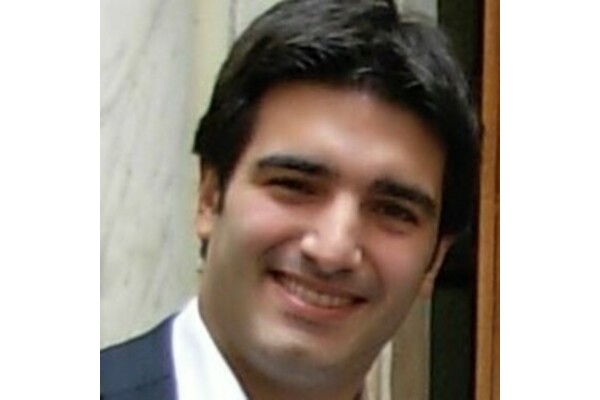
Enrico Mariconti
Enrico Mariconti is an assistant professor in the Department of Security and Crime Science at University College London. His research areas include cybercrime, AI and defence systems and cyberattacks.
Enrico's placement was at New Scientist where he worked with the visual content team who are instrumental in delivering science video content for audiences across the New Scientist brand, including building a huge TikTok and YouTube following. Whilst at New Scientist he worked on a variety of subjects including the story of an activist who swam the Bristol Channel dressed as a mermaid to protest about the state of our rivers.
Enrico’s Fellowship is supported by UCL Engineering.
Watch the video Enrico worked on re the state of our rivers.
Activist swims Bristol Channel dressed as a mermaid for cleaner rivers
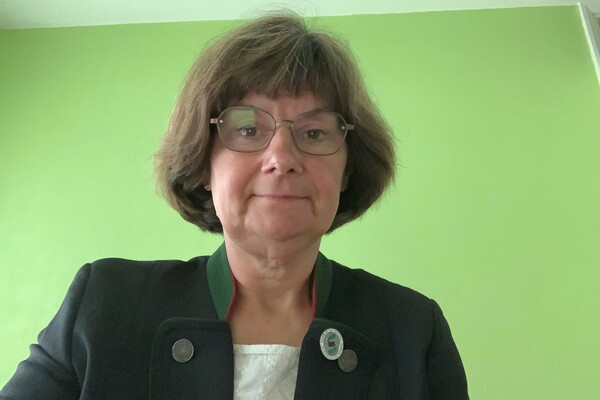
Sarah Pitt
Sarah Pitt is a Principal Lecturer in Microbiology at the University of Brighton. She is a Fellow of the Institute of Biomedical Science, a member of the IBMS Council and the Chief Virology Examiner. Sarah’s areas of research include investigating the antimicrobial properties of snail mucus, evaluating biomedical scientists’ development as professionals throughout their career, including clinical placements, and developing new approaches to teaching microbiology.
Sarah was placed with BBC Future in London and worked with them throughout August.
Sarah’s Fellowship is supported by the Institute of Biomedical Science.
Read Sarah's published article, three more articles are currently being edited ready for publication.
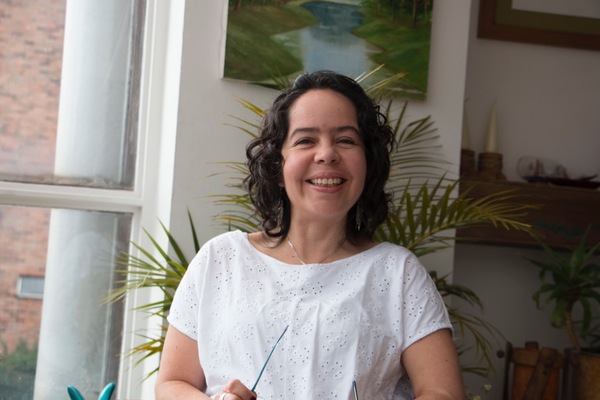
Maria Paula Escobar
Maria Paula Escobar is a cultural and environmental geographer with an interdisciplinary background in Political Science and History from the Universidad de los Andes in her native Colombia. She moved to the UK, to complete an MA on Environment, Politics and Globalisation and a PhD in Geography, both from King's College London. She joined Bristol's Veterinary School in September 2017 where she is now a Senior Lecturer in Environmental Geography having worked in post-doctoral fellowships related to livestock farming governance and regulation funded by the Department for Environment, Food and Rural Affairs, Defra.
Maria Paula worked with the science editor at WIRED UK throughout August and wanted to develop further her interest in the relationship between the media and environmental concerns.
Whilst at WIRED UK Maria wrote about subjects from why some urban species thrive to the effect of heatwaves on cattle.
Her Fellowship is supported by the Faculty of Health Sciences at the University of Bristol.
Read Maria's published work, further articles are still being edited.
10 Facts That Prove the World Is in a Climate Emergency
Why some animals thrive in cities
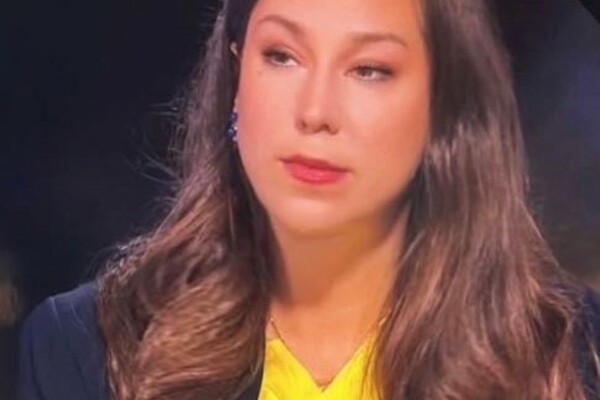
Oksana Pyzik
Oksana Pyzik is an award-winning Educator, Global Health Advisor, Pharmacist and Lecturer at University College London (UCL), School of Pharmacy, as well as the Founder of UCL Fight the Fakes, a collaboration hub on substandard and falsified medical products (SFMP). In 2015, Oksana launched the UCL Global Citizenship Programme on pandemic preparedness and she is a regular contributor in the media on global health topics.
Oksana worked on the science desk at The Guardian in mid-August with her placement running until mid-September. Whilst at the Guardian Oksana wrote on topics ranging from a newly discovered walking leaf insect species to British people's sex lives.
Oksana’s Fellowship is supported by UCL Global Engagement.
Seven new ‘walking leaf’ insect species discovered
UK scientists find link between proteins related to blood clots and long Covid
Tropical forests face ‘massive leaf death’ from global heating, study finds
New technique cuts time to detect polio in half, study finds
Study provides new insights into British people’s sex lives as they age
Fitness earlier in life reduces cancer risk when older, study shows
Bacteria that ‘eat’ methane could slow global heating, study finds
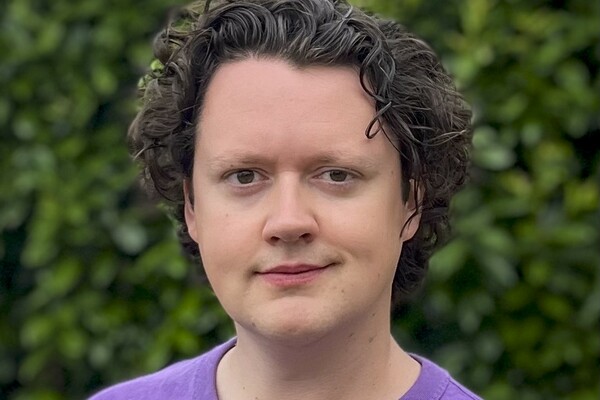
Niall Jeffrey
Niall Jeffrey is a cosmologist working at University College London. To answer questions about the origin and evolution of the Universe, he develops specialised machine learning and statistical techniques. Recently, he led the team that created the Dark Energy Survey's dark matter map. He is now also working on the European Space Agency's Euclid mission (launched 1st July 2023).
Niall worked on the science desk of The Times during September and October. Whilst at The Times Niall produced a wide range of news items from the use of AI in sewage management and schizophrenia diagnosis to the first Euclid space telescope images.
Niall's Fellowship is supported by UCL Global Engagement.
African
logs show our Stone Age ancestors built better, earlier
Vision
of the year 250m: one continent, 60C heat and no mammals
AI
system warns of sewage fungus before it’s visible to human eye
Ecstatic
scientists watch antimatter obey the laws of gravity
Milky
Way ‘a fifth as heavy as previously thought’
AI
can help to diagnose Schizophrenia
Blast
off for simulator in London recreating the birth of stars
Euclid
space telescope’s first images are out of this world
Fears
over food may trigger civil unrest in the future, experts
warn
All ABSW Media Fellows completed a day’s training before starting their placements, including practical work on making a podcast. They then took part in a development day once their placements have finished, to share lessons learned, and consider how they might use their experience in their institution to continually improve relationships and understanding between academia and the media.
Thanks are due to all those supporting media fellowships in 2023 and to all our media hosts.
Are you an academic institution or professional body that would like your academics to be placed in a media outlet in 2024? Then download our slide deck below for full details and get in touch with the ABSW Executive Secretary Sallie Robins.
Could your media outlet host an ABSW Media Fellow in 2024? Download our slide deck to find out more and get in touch with ABSW Executive Secretary Sallie Robins.

